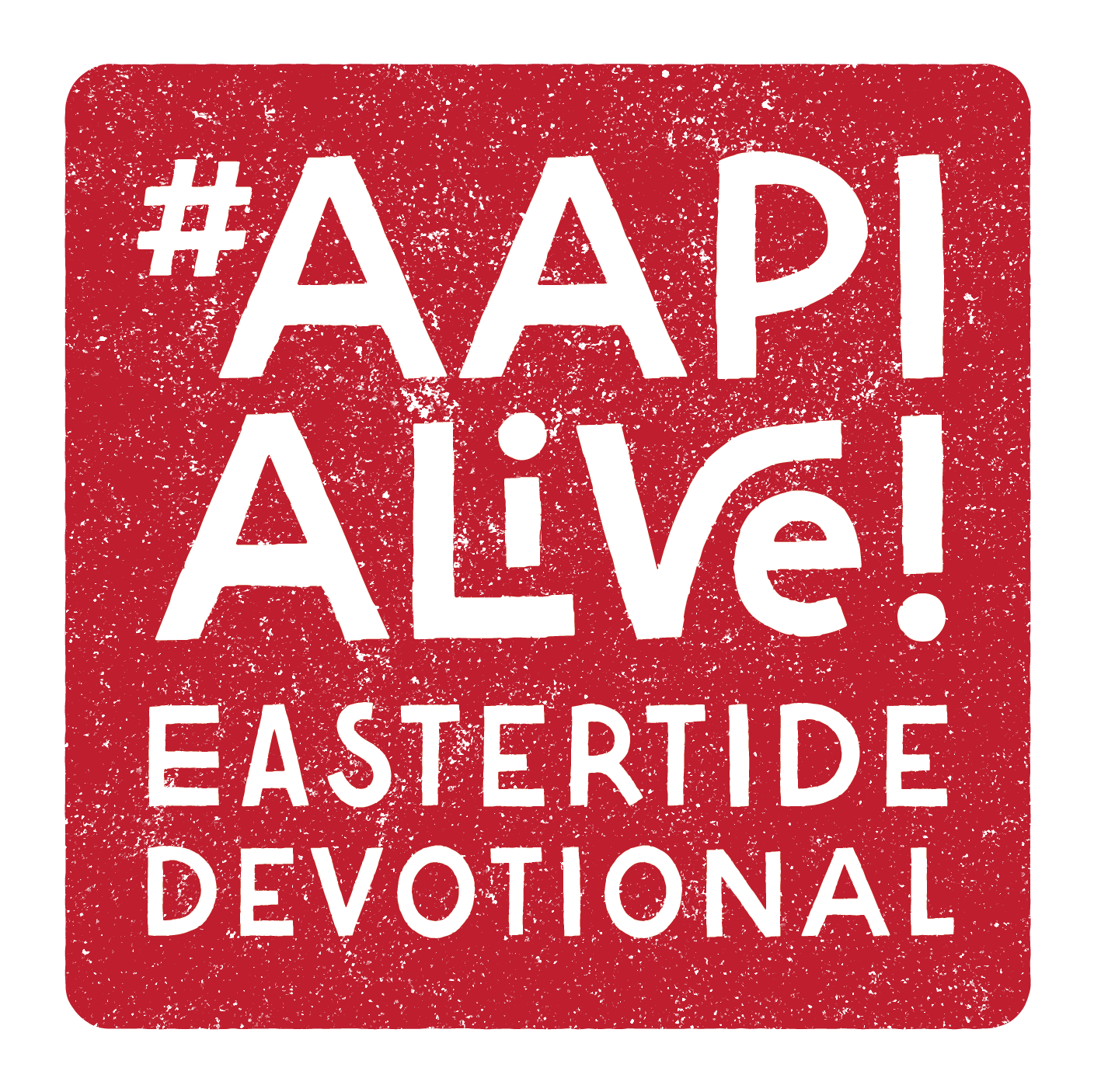Reconciliation - April 26
In my churchwide involvement in governance and racial justice work, I have been reflecting a lot on what reconciliation really means and how our baptismal covenant calls us to daily acts of reconciliation. Eastertide reminds us of the power of a “crucified God” who is transformed in the Risen Christ who gives us a ministry of reconciliation that leads to daily personal and collective transformation.
“All this is from God, who reconciled us to himself through Christ, and has given us the ministry of reconciliation; that is, in Christ God was reconciling the world to himself, not counting their trespasses against them, and entrusting the message of reconciliation to us.” 2 Corinthians 5:18-19
In the recent report from Presiding Officers’ Working Group on Truth and Reconciliation, it underscored and “affirmed that reconciliation is a fundamental mission of the church, but there was agreement that there is a lack of clarity about the meaning of reconciliation in relation to white supremacy and racism.”
Racial healing and reconciliation require both “truth telling” and “truth hearing.” In the Gospels, Jesus often uses parables to open a window to glimpses of truth that needs to be spoken. Jesus reminded us that “you shall know the truth and the truth will set you free.” Our current political landscape of suppressing truth (e.g., anti-critical race theory, anti-gay rhetoric) is a barrier to the work of reconciliation. Without truth, reconciliation is nothing but an empty gesture and tokenism. Reconciliation demands active engagement in truth telling and reparation when we are called to active participation in God’s repairing of all that is broken.
Alan Murray
Alan Murray is a Deputy from the Diocese of Oregon. He co-chairs the Antiracism Task Force at Trinity Episcopal Cathedral in Portland, Oregon, and co-chairs the Asian Caucus of the Deputies of Color. Alan lives in Portland with his husband, Tom, and their six-year-old daughter, Elizabeth.


